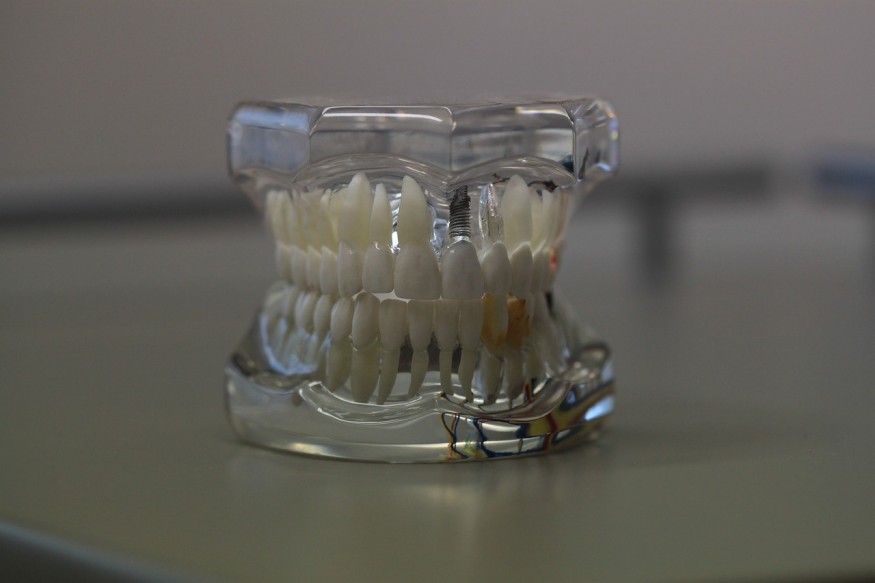An effective weight loss program prevents unwanted weight gain from excess body fat and helps the person lose weight. With all the fad diets promising quick weight loss, it is best to discern which one is the best. But researchers from the University of Otago have developed a novel way to promote weight loss, by developing the world's first weight loss device that controls the diet.
DentalSlim Diet Control is an intra-oral magnetic device that a dental professional will fit in the upper and lower back teeth. According to SciTech Daily, it features a unique custom-manufactured locking bolt that allows the wearer to open their mouths at only 2mm to restrict them to a liquid diet, and eventually promotes weight loss.

First Weight Loss Device Controls Diet to Help Fight Global Obesity Epidemic
How Effective is the New Device in Promoting Weight Loss?
Most people in their journey of losing weight do not succeed because they cannot comply with diet restrictions that help them establish healthier habits. Professor Paul Brunton, the lead author of the study, said that the new device offers a "non-invasive, reversible, economical and attractive alternative" so that people would not have to go through surgery.
Most importantly, the device has no adverse effect in using it compared to invasive options of weight loss. Professor Brunton noted that the device could help people having to undergo surgery to lose weight and for diabetic individuals and help address issues on the global obesity epidemic better than bariatric surgery, which costs about $24,000 and leaves patients with unpleasant side effects.
The new device has proven its effectiveness without any side effects. In the study, titled "An Intraoral Device for Weight Loss: Initial Clinical Findings" published in the British Dental Journal, researchers noticed that study participants lost an average of 14 pounds (6.36 kilograms) in just two weeks and expressed their feelings their desire to continue with their weight loss journey.
Participants reported feeling better about themselves and had more confidence. They were also given the option to open the device in case of emergency, but none of them want to stop using it.
6 Strategies to Succeed in Weight Loss
Despite the supposed effectiveness of the device, many experts are not convinced by it. According to Mayo Clinic, the foundation of successful weight loss lies in a healthy diet and increased physical activity. But for long-term effects, lifestyle changes must be made through the following:
1. Ready Yourself to Make Permanent Changes. A long-term commitment to change the lifestyle will be challenging so better make sure that you are not only physically ready but as well as emotionally and mentally ready.
2. Identify Your Motivation. Doing something without knowing exactly why will lead to failure. Finding motivational factors during moments of temptation will help encourage continue making lifestyle changes to combat obesity or lose weight.
3. Set Realistic Weight Loss Goals. It is smart to aim to lose at least 1 to 2 pounds (0.5 kilograms to 1 kilogram) per week than just generally aim to lose weight. This will give you a specific goal to achieve and it is more attainable.
4. Adopt Healthy Eating Habits. Lower calorie intake without giving up taste. It would be best to eat more plant-based foods, such as vegetables, fruits, and whole grains.
5. Be Physically Active. Regular exercise combined with low-calorie intake can help in losing weight and promote better health.
6. Change Your Mindset. Lifestyle change through eating a healthy diet and exercise can be successful in the long-term if you have a better perspective because everything must start with how you will view your eating pattern and daily routine.
Check out more news and information on Weight Loss in Science Times.
© 2026 ScienceTimes.com All rights reserved. Do not reproduce without permission. The window to the world of Science Times.












